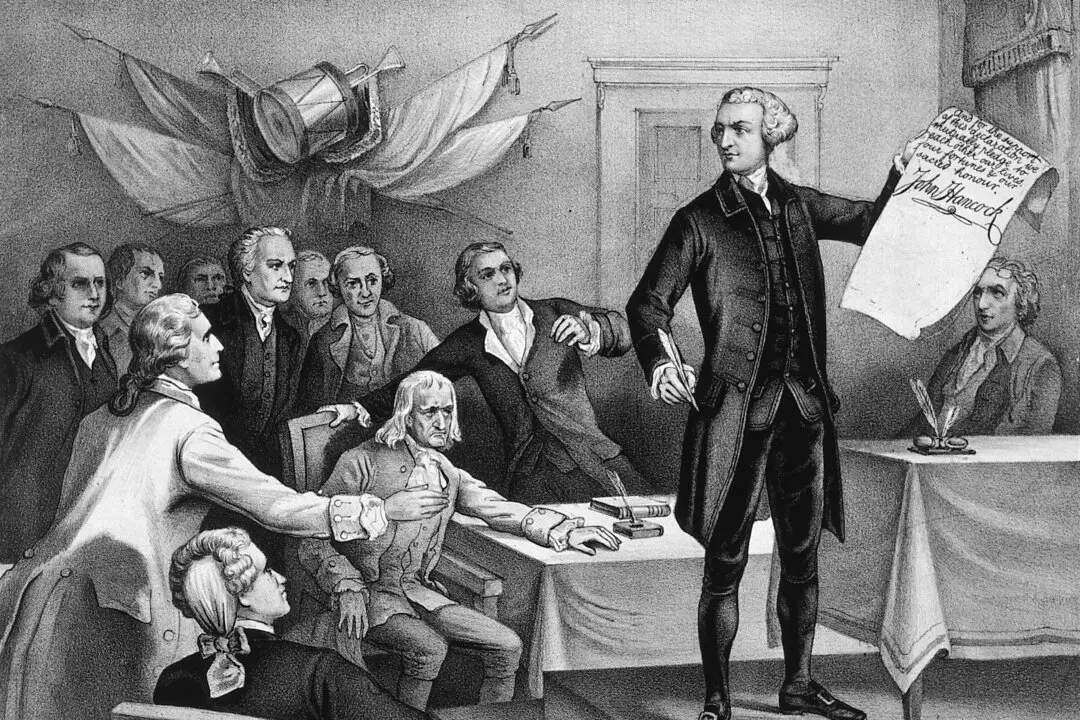This past fall, President Donald Trump founded the 1776 Commission, charging its members with the task of “cultivating a better education among Americans in the principles and history of our nation.” On Monday, Jan. 18, the commission released its “1776 Report.”
“In its report, which Trump hoped would be used in classrooms across the nation, the commission glorifies the country’s founders, plays down America’s role in slavery, condemns the rise of progressive politics and argues that the civil rights movement ran afoul of the ‘lofty ideals’ espoused by the Founding Fathers.
“The panel, which included no professional historians of the United States, complained of ‘false and fashionable ideologies’ that depict the country’s story as one of ‘oppression and victimhood.’ Instead, it called for renewed efforts to foster ‘a brave and honest love for our country.’”
The newspaper cites the objections of several university historians, with one of them describing the report as “a sixth or seventh grade kind of approach to history—to make the children feel good.”





